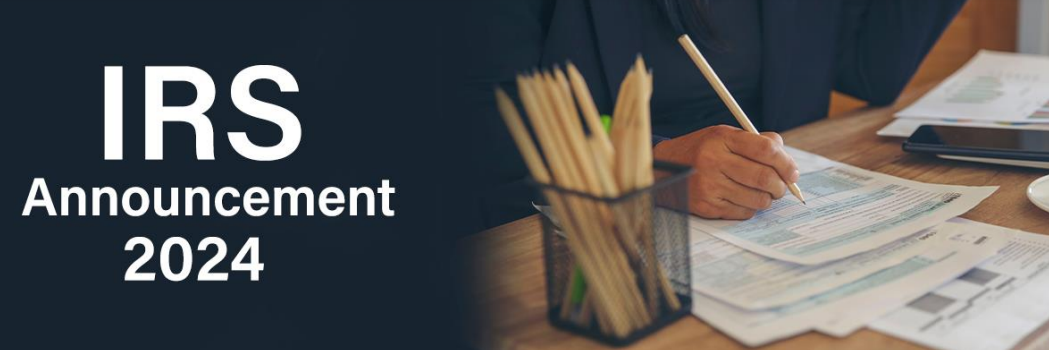Reducing your tax liability can literally save you thousands of dollars.
Tax season can be a stressful time for many people, especially if you’re not fully prepared. However, with some advance planning and preparation, you can take steps to reduce your tax bill for the upcoming year.
Here are 7 things you can do now to trim your 2023 tax bill.
Contribute to a Retirement Account
Contributing to a retirement account such as an Individual Retirement Account or a 401(k) plan can help reduce your taxable income. The money you contribute to these accounts is typically tax-deductible, and any earnings within the account grow tax-free until you withdraw them in retirement.
Consider Charitable Giving
Charitable giving is a great way to support causes you care about while also reducing your tax bill. If you itemize your deductions, you can deduct the value of your charitable contributions from your taxable income. Make sure to keep records of your donations to substantiate your deduction.
Maximize Your Education Credits
If you or your dependents are pursuing higher education, there may be tax credits available to you. The American Opportunity Credit and the Lifetime Learning Credit are two examples of credits that can help reduce your tax bill.
Plan Your Capital Gains & Losses
If you have investments, you can minimize your tax liability by planning your capital gains and losses strategically. For example, you can offset capital gains by selling investments that have lost value.
Take Advantage of Business Deductions
If you own a business, you may be able to take advantage of a variety of deductions to reduce your taxable income. Business expenses such as office supplies, travel expenses, and advertising costs are typically deductible.
Keep Accurate Records
Keeping accurate records of your income, expenses, and deductions is essential for reducing your tax bill. Because if you are audited, not having accurate records can be costly. So, make sure to keep all receipts and other documentation related to your tax return in a safe and easily accessible place.
Consult With a Tax Professional
Finally, if you’re unsure about how to reduce your tax bill, it may be worth consulting with a tax professional. A tax professional can help you identify deductions and credits you may have missed and provide guidance on how to minimize your tax liability.
For example, did you know that due to high inflation, the income tax bracket thresholds for this year have been adjusted by about 7% to allow taxpayers to have more of their income taxed at a lower tax bracket? This means, for example:
- that for single filers, the 37% bracket will begin on income over $578,125 this year, an increase from $539,900.
- Couples filing jointly will see their top bracket begin at $693,750 this year, up from $647,850.
- Additionally, the 35% threshold has been raised to $231,250 from $215,950 for singles, and to $462,500 from $431,900 for couples.
There are of course many steps you can take now to trim your 2023 tax bill. By being proactive, you can reduce your tax liability and potentially save yourself thousands of dollars.











